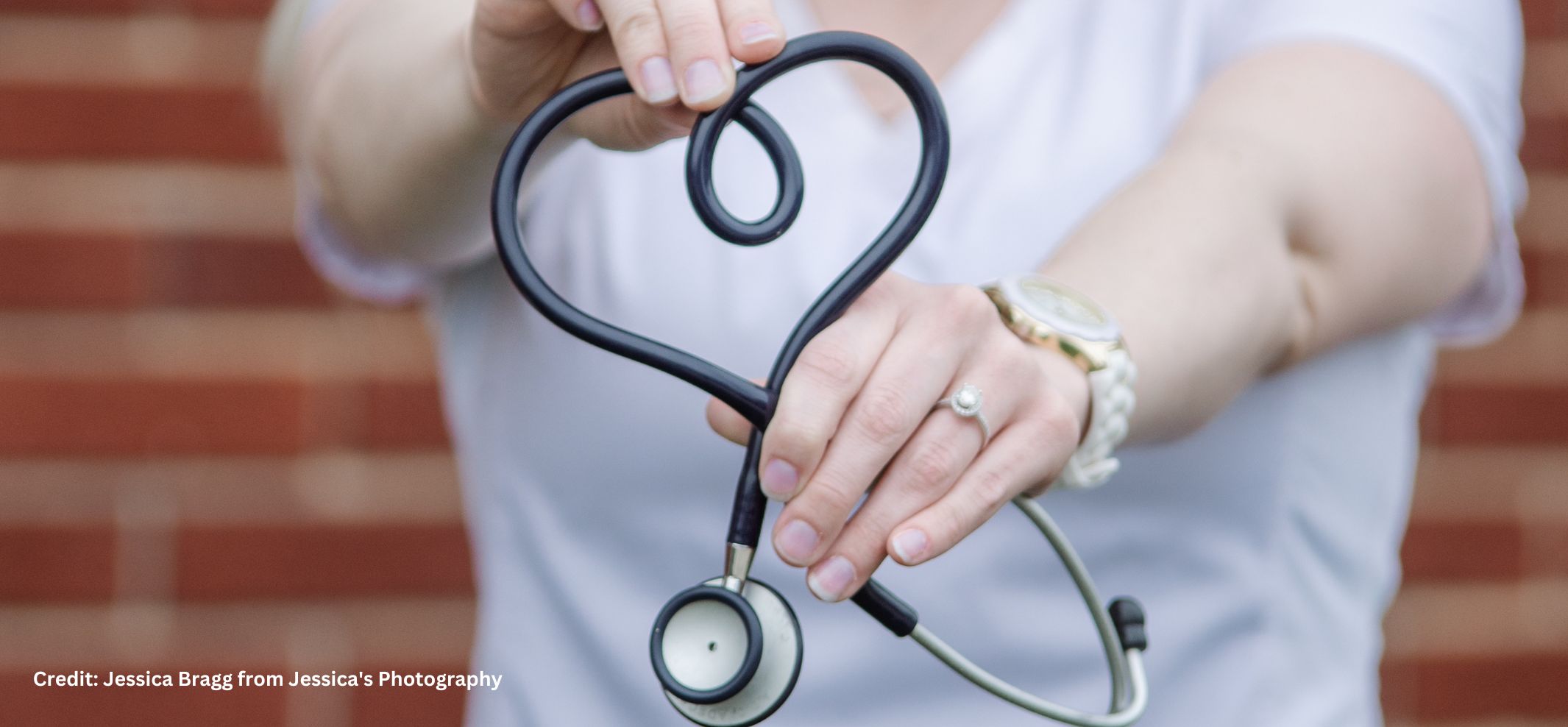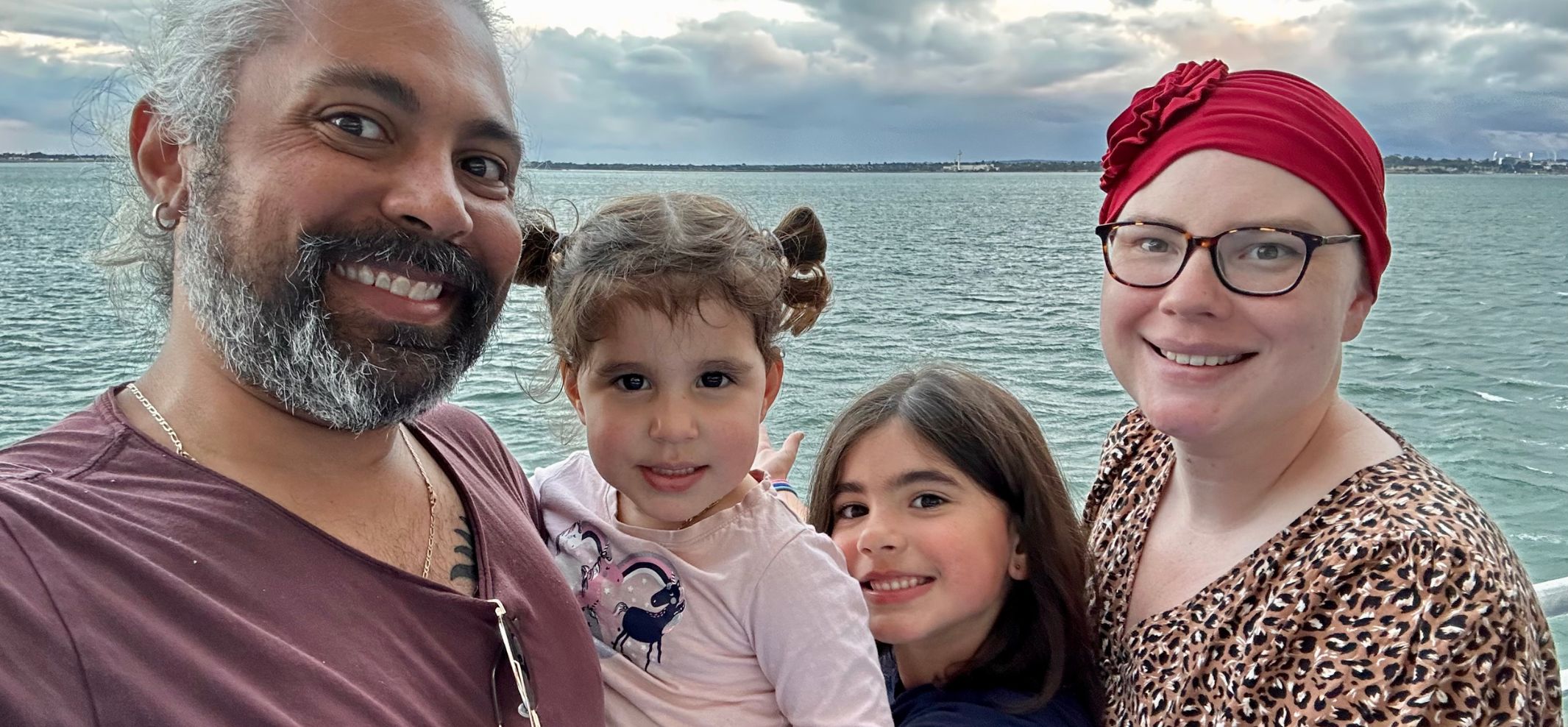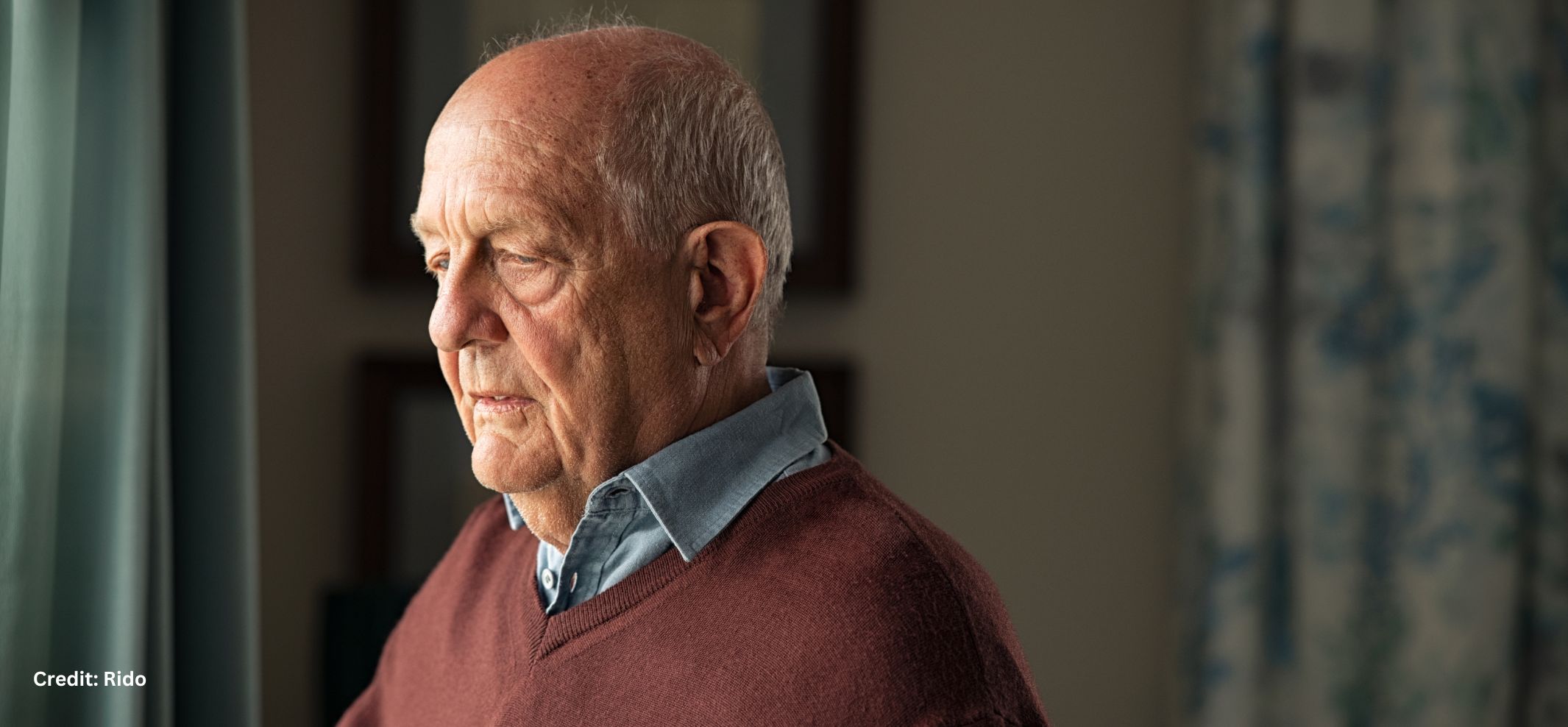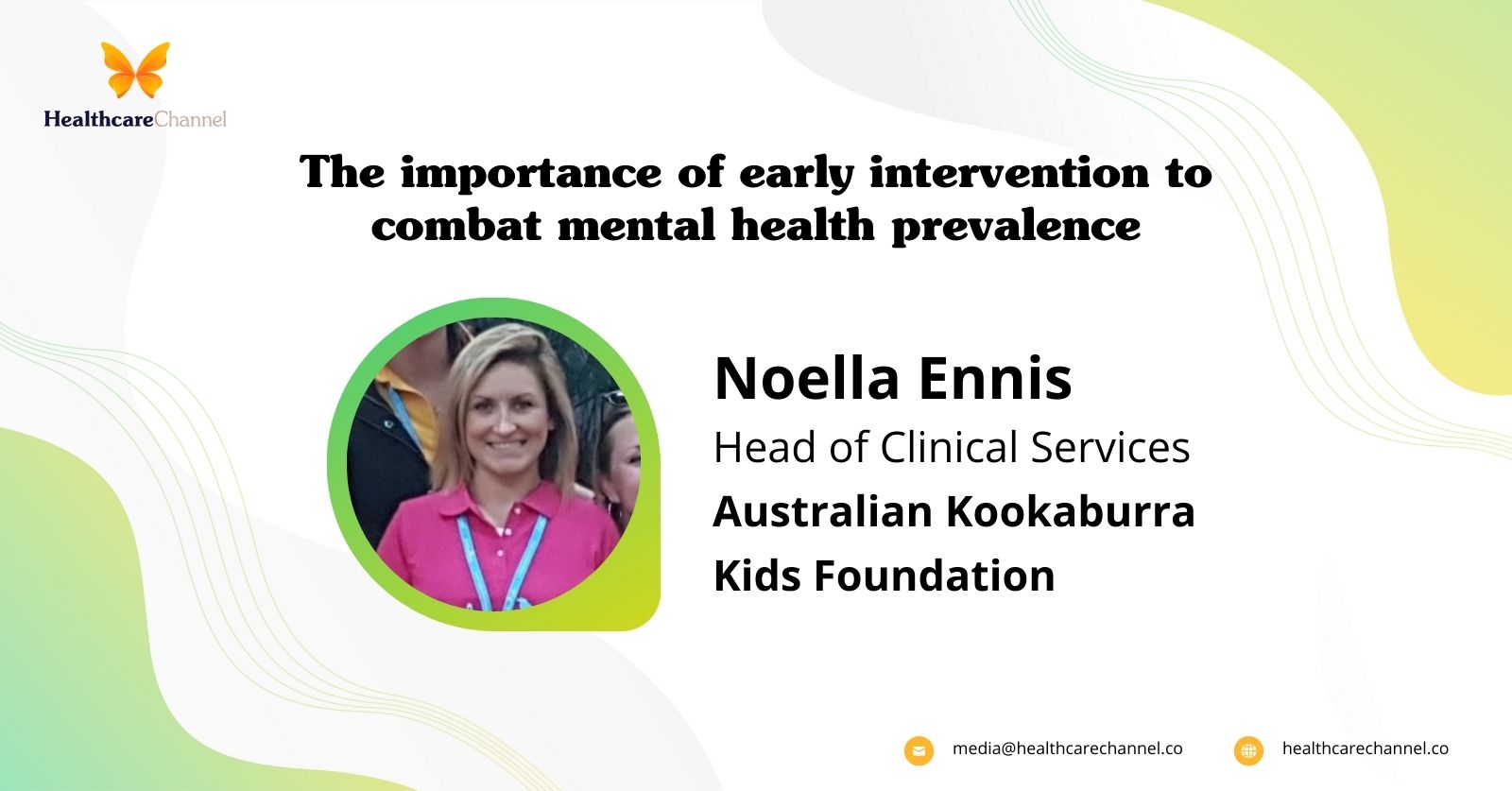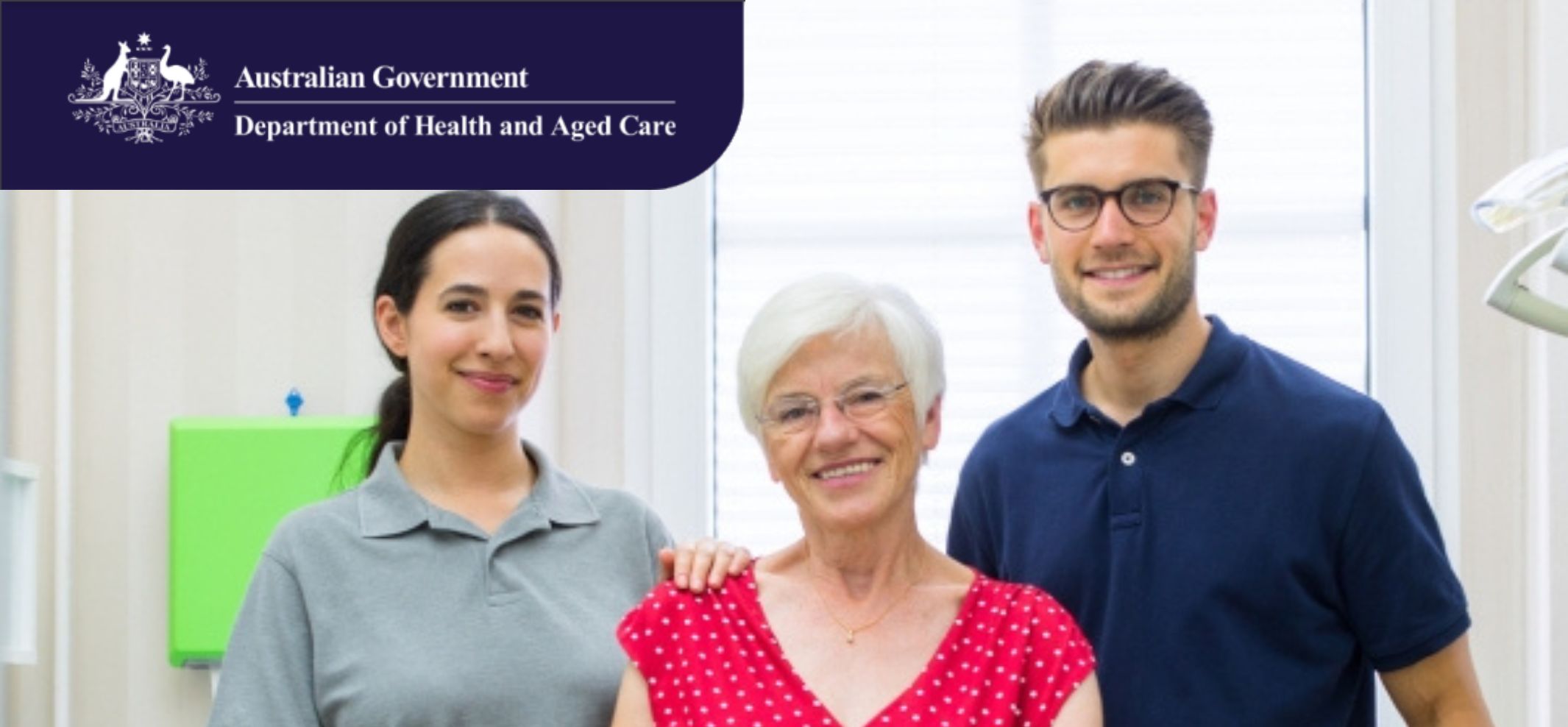With aged care at the highest of the agenda for the following national cabinet meeting on Friday, Aged and Community Services Australia is looking at all states and territories to embrace immediate transfers to hospitals to allow operators time to prevent the spread to other residents.
Acsa, the height body for non-profit aged care providers, is additionally stepping up its necessitate government funding to deliver paid pandemic leave for aged care workers across the state, not just in designated Covid-19 hotspots.
Residents transferred to hospitals with signs of Covid-19 infections
Aged care homes must have government backing to transfer residents to hospitals at the primary sign of Covid-19 infections, non-profit residential care providers have argued.
Victoria on Tuesday reported 17 more deaths, with 13 of these linked to known outbreaks in aged care facilities. There are now 2,024 active cases referring to aged care facilities.
Sparrow said her group believed that the primary cases that were diagnosed in an aged care facility should head to the hospital, because they may receive treatment there and it “helps us to undertake and stop it from spreading from now on which is actually critical”.
It would also give the provider time to line up “hospital within the home” equipment within the facility.
The focus on the aged care response intensified in the week when the ABC’s Four Corners program reported that some residents from Epping Gardens, in Melbourne’s northern suburbs, had been turned far from the hospital, the ability had suffered from workforce shortages, and there have been critical delays in receiving test results.
Sparrow said she understood concerns about the possibly disruptive impact of transferring some people with complex must hospital.
“But our issue is in residential aged care is we all know what happens when it gets into a facility and that we know that we’re during a pandemic which we want to truly take more steps to form sure that individuals are as protected as they’ll be,” she said.
Last week the aged care royal commission heard evidence of a “stand-off” between commonwealth and state health authorities over a way to best handle an epidemic at Sydney’s Newmarch House. inline with evidence tendered to the commission, NSW Health had a “preference” to not transfer residents into hospitals “given the precedent it’d set”.
Sparrow said it absolutely was “really not a few precedents – this can be about saving people’s lives”.
She said the various responsibilities of the commonwealth and therefore the states needed to be clarified.
“I think mostly they’re working well together, but aged care is funded and controlled by the commonwealth and also the hospitals are within the state domain, and that I think it’s really important that the interface between aged care and hospitals is sorted out,” she said.
Asked about people whose advanced care directives said they failed to want to travel to hospital, Sparrow replied that providers would always want to assist individuals who have the result they desired.
Sparrow said the transfer of residents from Dorothy Henderson occupy Sydney “enabled the ability to induce founded properly so some people with advanced care directives were ready to be supported at the house, but if we don’t get in and act very quickly and it spreads then it’s very different for everybody”.
“Covid has clothed to be much more devastating than a number of the items that providers have had to plan for within the past,” she said.
Federal government-backed advice to providers had urged them to organize for potential absences of 20% to 30% of their staff, but severe outbreaks have resulted in most or all of the workforce having to get replaced. the world is very casualised and a few workers have shifted across multiple facilities.
Sparrow praised aged care workers for doing “an amazing job”. She reaffirmed the sector’s needs the govt to assist aged care providers fund paid pandemic to leave nationwide. That funding should be uncapped and supported demand.
“We want to form sure that they’ve got all of the support that they have to form sure that they’ll stay home if they have to isolate which that’s not a worry for them,” Sparrow said.
Last month the Fair Work Commission ordered residential aged care providers to produce two weeks’ paid leave to workers required by their employer or a government medical authority to self-isolate thanks to Covid-19.
The national argues it’s invested $850m in supporting aged care during the pandemic. But aged care groups say the funding is concentrated on coronavirus hotspots and it must be broadened.
A version of this article was originally published on https://www.theguardian.com/australia-news/2020/aug/19/aged-care-homes-urge-government-backing-to-transfer-residents-to-hospital-at-first-sign-of-coronavirus
